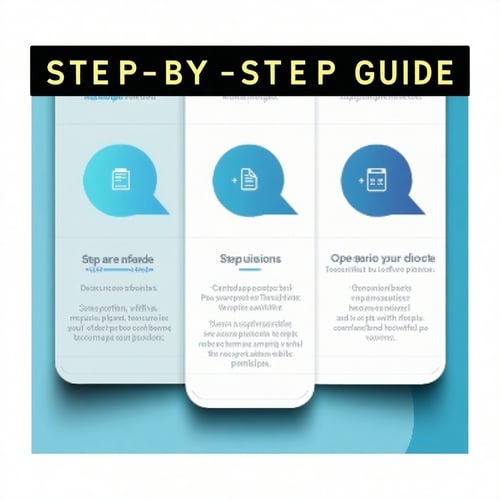Receiving your Gwinnett County Property Tax Assessment Notice and disagreeing with the valuation is the first step toward a potential appeal. This guide will walk you through the process to ensure you file your appeal correctly and within the crucial 45-day deadline.

Step 1: Understand Your Assessment Notice
Before filing an appeal, carefully review your Annual Notice of Assessment:
-
Fair Market Value (FMV): The county’s estimated value of your property.
-
Appeal Deadline: 45 days from the notice date. Don’t miss it.
-
Property Characteristics: Check square footage, number of bedrooms/bathrooms, lot size, and other features. Errors may justify an appeal.
Step 2: Determine Your Grounds for Appeal
You can appeal based on:
-
Value: You believe the assessed FMV is too high.
-
Uniformity: Similar properties in your neighborhood are assessed for less.
-
Taxability: You believe the property should not be taxed (rare for typical residential cases).
Step 3: Gather Supporting Evidence
Strong evidence increases your chances of success.
For Value:
-
Comparable Sales: Use recent sales (6–12 months) of similar homes.
-
Condition Photos: Show deferred maintenance or damage.
-
Appraisal: A licensed appraiser’s report is strong evidence.
-
Purchase Documents: Provide recent closing statements if applicable.
For Uniformity:
-
Assessment Comparisons: Use the county’s website to compare assessed values of similar nearby properties.
-
Photos of Comparables: Show similar size, condition, and features.
For Incorrect Property Info:
-
Survey: For lot size errors.
-
Blueprints/Floor Plans: For square footage issues.
-
Photos: To show missing or misreported features.
Step 4: File Your Appeal Within the 45-Day Deadline
Online (Recommended):
Use Gwinnett County’s online portal:
Look for the "File an Appeal" link. Upload all supporting documentation.
By Mail:
Download the PT-311A form and submit it with copies (not originals) of your evidence. Must be postmarked by the deadline.
In Person (if available):
Check the website for current hours and procedures. Bring completed forms and documents.
Step 5: Choose Your Initial Appeal Option
You'll be asked to choose how your appeal is reviewed:
-
Board of Assessors Review: Initial review; may resolve informally.
-
Board of Equalization (BOE): Independent panel hearing if no resolution.
Step 6: Await the Outcome
-
If the Board of Assessors agrees, the value is updated.
-
If they disagree, you'll receive a notice with instructions for a BOE hearing.
-
At the BOE hearing, present your case clearly with supporting documents.
Step 7: Further Appeal Options (If Needed)
If you're not satisfied with the BOE decision, you can pursue:
-
Non-Binding Arbitration: For disputed values, less formal.
-
Hearing Officer: For non-homestead real estate over $500,000 FMV.
-
Superior Court Appeal: Formal court process; may require legal counsel.
Important Reminders
-
Act Quickly – Do not delay.
-
Be Thorough & Organized – Keep all documentation.
-
Stay Professional – Especially in BOE hearings.
-
Know Your Deadlines – 45 days for initial appeal, 30 days for next levels.
-
Seek Help if Needed – For complex or high-value appeals, hire a consultant or attorney.
Resources
-
Gwinnett County Tax Assessor’s Office
Appeal portal, property search, valuation info. -
Board of Equalization (Gwinnett County)
Info on hearing procedures and member qualifications. -
PT-311A Appeal Form (Statewide Form)
Form to appeal by mail. -
Georgia Department of Revenue – Property Tax Info
General property tax guidelines and FAQs. -
O.C.G.A. § 48-5-311 – Appeals Statute
Georgia law governing property tax appeals.



